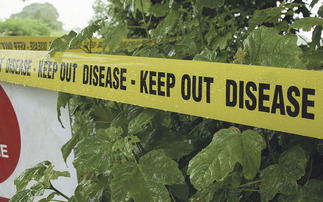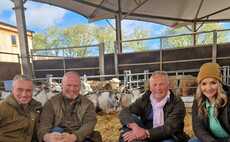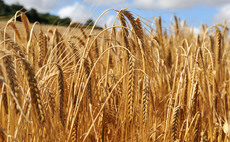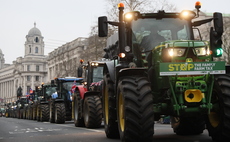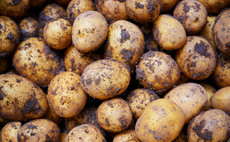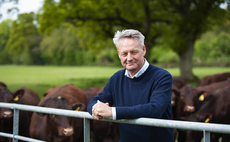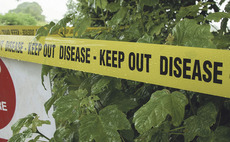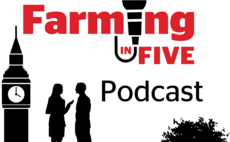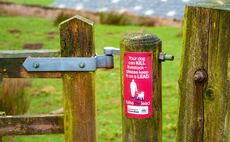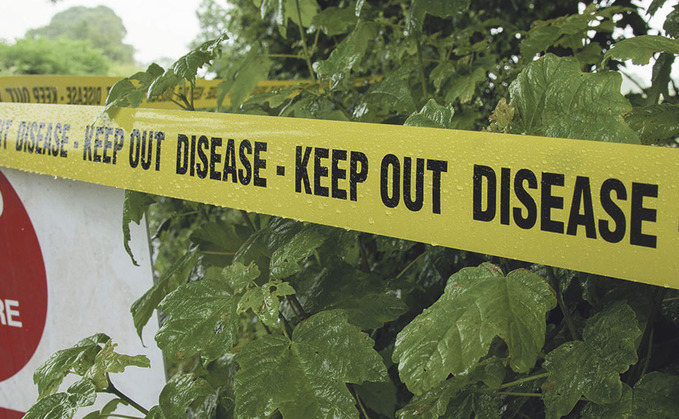
New housing orders have been issued as 1.8m birds culled
Nearly 1.8 million farmed and captive birds have been culled in the past three months owing to the spread of bird flu, Defra has confirmed.
The news comes as additional housing measures were introduced for Herefordshire, Worcestershire, Cheshire, Merseyside and Lancashire following ‘increased findings of highly pathogenic avian influenza' in wild birds and new cases in poultry and kept birds.
READ NOW: Bird flu returns to Yorkshire as Defra orders a cull
The Government said as from midnight (00:01) on Sunday, February 16, keepers in these counties must house their birds and continue to follow the strictest security as required by the Avian Influenza Prevention Zone (AIPZ).
Earlier this week a ban on gatherings of poultry, galliforme or anseriforme birds including ducks, geese, swans, pheasants, partridge, quail, chickens, turkeys and guinea fowl was announced.
Cull
In Northern Ireland, the Ulster Farmers' Union is notifying poultry producers and backyard keepers that mandatory housing measures for all kept birds and poultry will come into effect across Northern Ireland from Monday, February 17.
This implementation by DAERA is to help prevent any further infection of avian influenza following confirmation of highly pathogenic AI in a small number of captive birds in the Mid Ulster district.
Defra said around 1.78m birds have been culled since the first outbreak in November 2024. Thirty two outbreaks have now been confirmed across the UK - 31 on premises in England and a single instance in Scotland.
Disease
UK Chief Veterinary Officer, Christine Middlemiss said: "Bird keepers are reminded to continue remaining vigilant to any signs of disease, check which requirements apply to them while continuing to exercise robust biosecurity measures and ensure you report suspected disease immediately to the Animal and Plant Health Agency (APHA)."
Dr Middlemiss said the AIPZs will be in place until further notice and will be kept under regular review as part of the government's work to monitor and manage the risks of avian influenza.
READ MORE: Scrupulous biosecurity is a must in wake of new bird flu cases
The Government said the risk for wild birds has been raised to very high and remains high to medium for poultry and other captive birds.
A Defra spokesperson said the department had acted quickly to protect Britain's food security.
"We know the devastating impact bird flu has had on farmers and poultry producers which is why we have taken further measures in recent weeks, including introducing housing orders in the most affected areas," the spokesperson said.
"We have acted quickly to cull all poultry on the infected premises to stop the risk of the disease spreading and to protect Britain's food security. Any premises affected will be paid compensation for all healthy birds that have been culled for disease control purposes."
An Avian Influenza Prevention Zone is in place in England, Wales and Scotland, making biosecurity a legal requirement.
- Keepers are encouraged to take action to prevent bird flu and stop it spreading. Be vigilant for signs of disease and report it to keep your birds safe
- Check if you're in a bird flu disease zone on the map and check details of the restrictions and gov.uk/birdflu for further advice and information.












